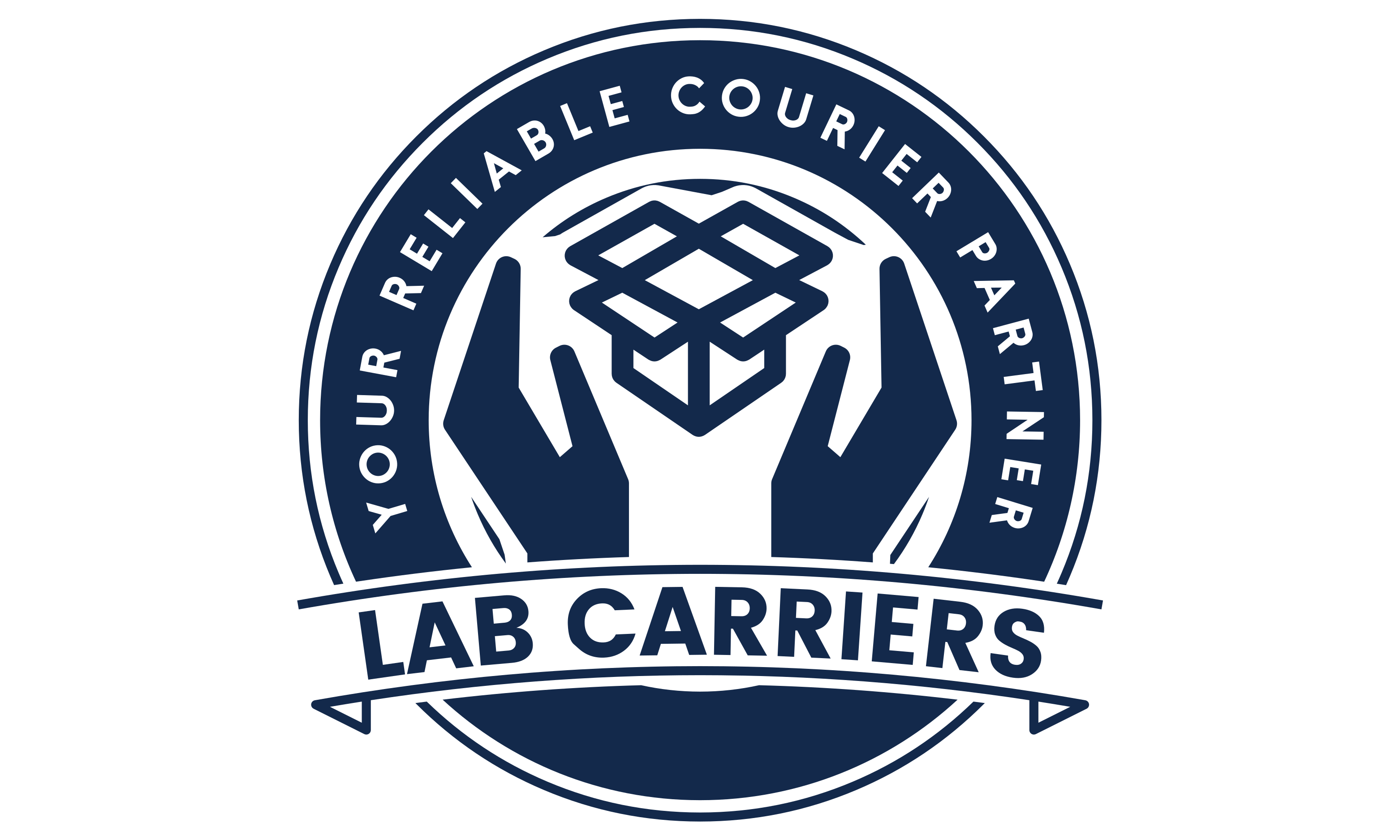What is a Medical Equipment Delivery ?
Medical equipment delivery involves the transportation of various medical devices, instruments, and equipment from one location to another, typically within the healthcare industry. This service is essential for ensuring that medical facilities, such as hospitals, clinics, nursing homes, and doctor’s offices, have the necessary equipment to provide quality patient care. Here are some key aspects of medical equipment delivery:
- Types of Equipment: Medical equipment can range from small devices like blood pressure monitors and thermometers to larger items like hospital beds, MRI machines, X-ray machines, and surgical instruments. Medical equipment delivery services handle the transportation of a wide variety of these items.
- Timely Delivery: Timeliness is critical in the healthcare sector. Delayed delivery of medical equipment can lead to disruptions in patient care, surgery schedules, or diagnostic procedures. Medical equipment delivery services must ensure that equipment reaches its destination on schedule.
- Equipment Setup and Installation: In many cases, medical equipment delivery services may be responsible for not only delivering the equipment but also setting it up and ensuring it’s properly installed and functional. This is especially important for complex equipment like ventilators, dialysis machines, and surgical systems.
- Specialized Handling: Some medical equipment is sensitive and delicate, while others are heavy and bulky. Medical equipment delivery professionals must have the knowledge and training to handle these items with care, ensuring they are not damaged during transport.
- Compliance with Regulations: The healthcare industry is highly regulated, and medical equipment delivery services must adhere to various laws and regulations related to healthcare and transportation. This includes ensuring the privacy and security of patient information, if applicable.
- Coordination with Healthcare Facilities: Effective communication and coordination with healthcare facilities are essential. Delivery services often need to work closely with hospital staff, maintenance teams, and biomedical engineers to ensure smooth delivery and setup of equipment.
- Equipment Training: In some cases, the delivery service may need to provide basic training to healthcare staff on how to use the equipment, especially if it’s a new or specialized device.
- Return and Removal Services: Medical equipment delivery services may also be responsible for removing old or outdated equipment from healthcare facilities, as well as facilitating the return of rental equipment.
- Proper Documentation: Maintaining detailed records of the equipment delivery, setup, and any related instructions or training is important for both legal and operational reasons.
- Safety: Ensuring the safety of both the delivery personnel and the patients in the healthcare facility is paramount. This includes proper handling and transportation of potentially hazardous or sensitive equipment.
Medical equipment delivery services play a crucial role in the healthcare sector by helping healthcare facilities maintain their equipment inventory, providing timely support to patients, and contributing to the overall quality of healthcare services. These services are typically offered by specialized logistics and transportation company like Lab Carriers that have experience in the healthcare field and understand the unique requirements and regulations associated with medical equipment delivery.
